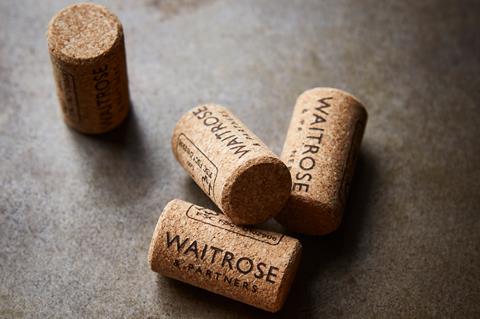
Waitrose will allow customers to deposit their natural wine bottle corks in stores, in what it claims is a “supermarket-first” recycling trial.
Collection points will be introduced in an initial six Waitrose stores across the southwest of England next week, with a seventh opening at Waitrose’s refurbished Maidenhead store later in the year. Customers will be able to bring their used corks to dispose while they shop.
Waitrose has partnered with cork producer Amorim, which will reprocess the used corks to make products like flooring, insulation, aircraft components or mulch to improve soil.
A third-party provider – Wine Logistics – will collect corks from Waitrose’s southwestern distribution centre, then transport them to Amorim’s recycling facility in Portugal.
Waitrose had selected the seven sites due to their proximity to a single distribution centre in the southwest, as well as the fact they are all stores that typically receive high wine sales. The stores are: Salisbury, Saltash, Lymington, Bath, Godalming and Truro.
The initial six-month trial will test customer appetite, volumes and the logistics of the system, which will then be rolled out across the Waitrose estate if deemed to be successful.
If the scheme is rolled out at scale, Waitrose would look to work with a UK-based processer in order to minimise the carbon impact of transporting the corks to Portugal. Over time, some of the donated cork may be integrated into the John Lewis supply chain, in a similar way to previous circular design schemes between the retailers for surplus products like wool and leather.
“We over-index compared to other retailers on wine, so we know we have a responsibility to look after our wine materials,” Waitrose packaging technologist Ben Fiennes, who has led on the trial, told The Grocer.
While ad hoc cork recycling schemes exist, like that run by ReCorked, and in house by retailers like Majestic Wine, there is no established kerbside waste stream for cork recycling in the UK, which means much of it goes into landfill.
“We’ve taken it upon ourselves to say we can create that infrastructure, because you can keep using that raw cork and it can be recycled into other non-food applications, like clothing and insulation,” Fiennes said.
Educating customers on the benefit of saving and recycling their used cork will be crucial to the scheme’s success, added Denise Mathieson, Waitrose packaging, innovation and delivery manager. Many customers are likely unaware that they’re able to recycle natural cork, she pointed out.
“This is not about cost, it’s about customer appetite and getting customer buy-in.”
PoS signs will promote the recycling points in store. When the Maidenhead store reopens it will have a dedicated cork recycling fixture.
Mathieson – who spent eight years leading packaging at Tesco before joining Waitrose earlier this year – highlighted that switches to bags for life or initiatives to bring soft plastic recycling points into stores were all initially met with scepticism over whether customers would buy in, but had now become the norm.
“Everything is about customer education,” Mathieson said.
“Retailers have a responsibility here – we put so much material out into the market. Sometimes we need to take it to them, and say ‘look, get involved, we can do something good with this’.”







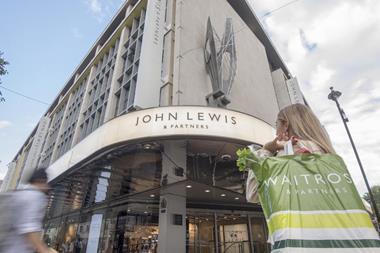
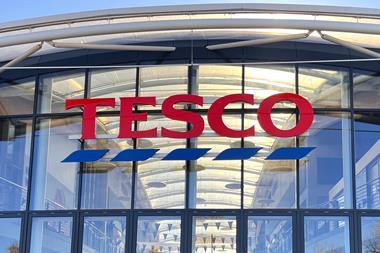


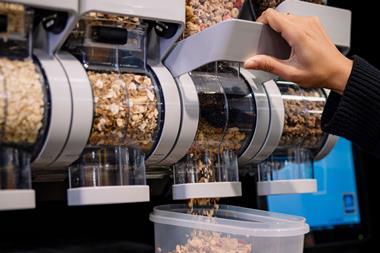

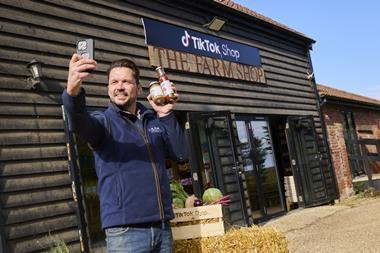

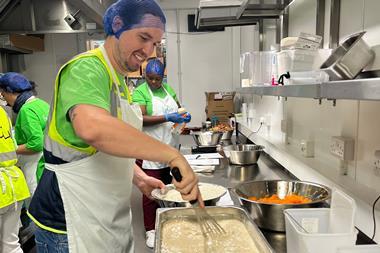


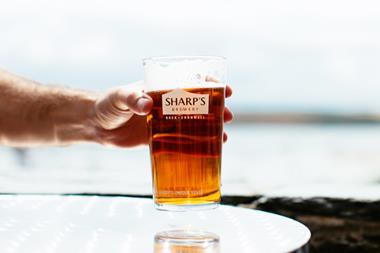
No comments yet